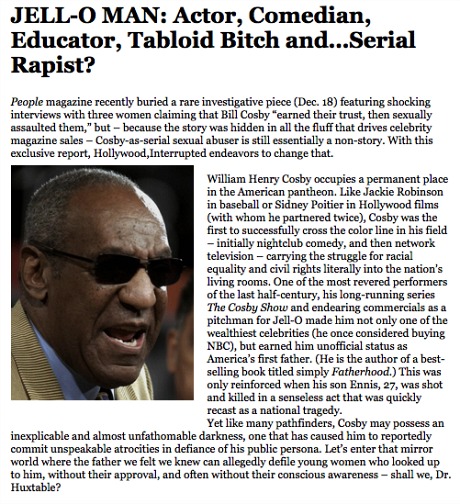I’ve been wanting to re-experience Bennett Miller‘s Foxcatcher for the sake of compassion if nothing else. Give it another go, a fair shake, etc. I wasn’t the biggest fan out of Cannes but I’ve been telling myself it might kick up or play better the second time. But I missed all the invitationals amd I haven’t gotten myself down to a nearby theatre since it opened last weekend. But now I’m 100% committed to seeing it again with bells on and no excuses. Mainly because National Review critic Armond White has written a brutal pan of Miller’s film because he doesn’t like the film’s political metaphor, which is basically about the perversity of the patriotic one-percenters as represented by Steve Carell‘s John DuPont.
If White is this pissed off about Foxcatcher, I must have missed something when I first saw it in Cannes. One way or another I need to see it again and bend over backwards and give it whatever love I can find, if for no other reason than to stand against Harmin’ Armond and bond with a fellow liberal.


